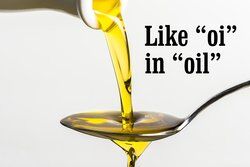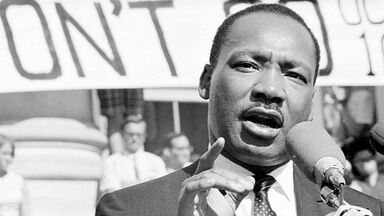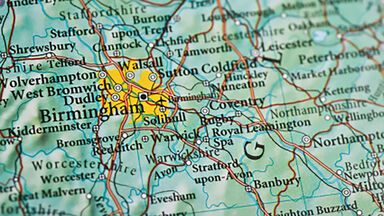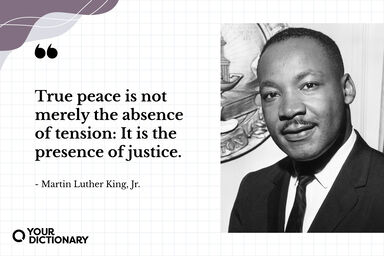The iron ore (found chiefly in the region of which Birmingham is the centre) is primarily red haematite and (much less important) brown haematite; though as regards the latter Alabama ranked first among the states of the Union in 1905 (with 781,561 tons).
In 1895 it was demonstrated that Alabama pig-iron could be sent to Liverpool and sold cheaper than the English product, and Birmingham (Alabama) came consequently to rank next to Middlesborough and Glasgow among the world centres of the pig-iron trade.
These three were Mobile (38,469), Birmingham (38,415), and Montgomery (30,346), the capital of the state.
Riley's Alabama As It Is (Montgomery, 1893), and Saffold Berney's Handbook of Alabama (2nd ed., Birmingham, 1892).
His speech at Birmingham (November 14, 1907), fully accepting the principles of Mr Chamberlain's fiscal policy, proved epoch-making in consolidating the Unionist party - except for a small number of free-traders, like Lord Robert Cecil, who continued to hold out - in favour of tariff reform; and during 1908 the process of recuperation went on, the by-elections showing toamarked degree the increased popular support given to the Unionist candidates.





